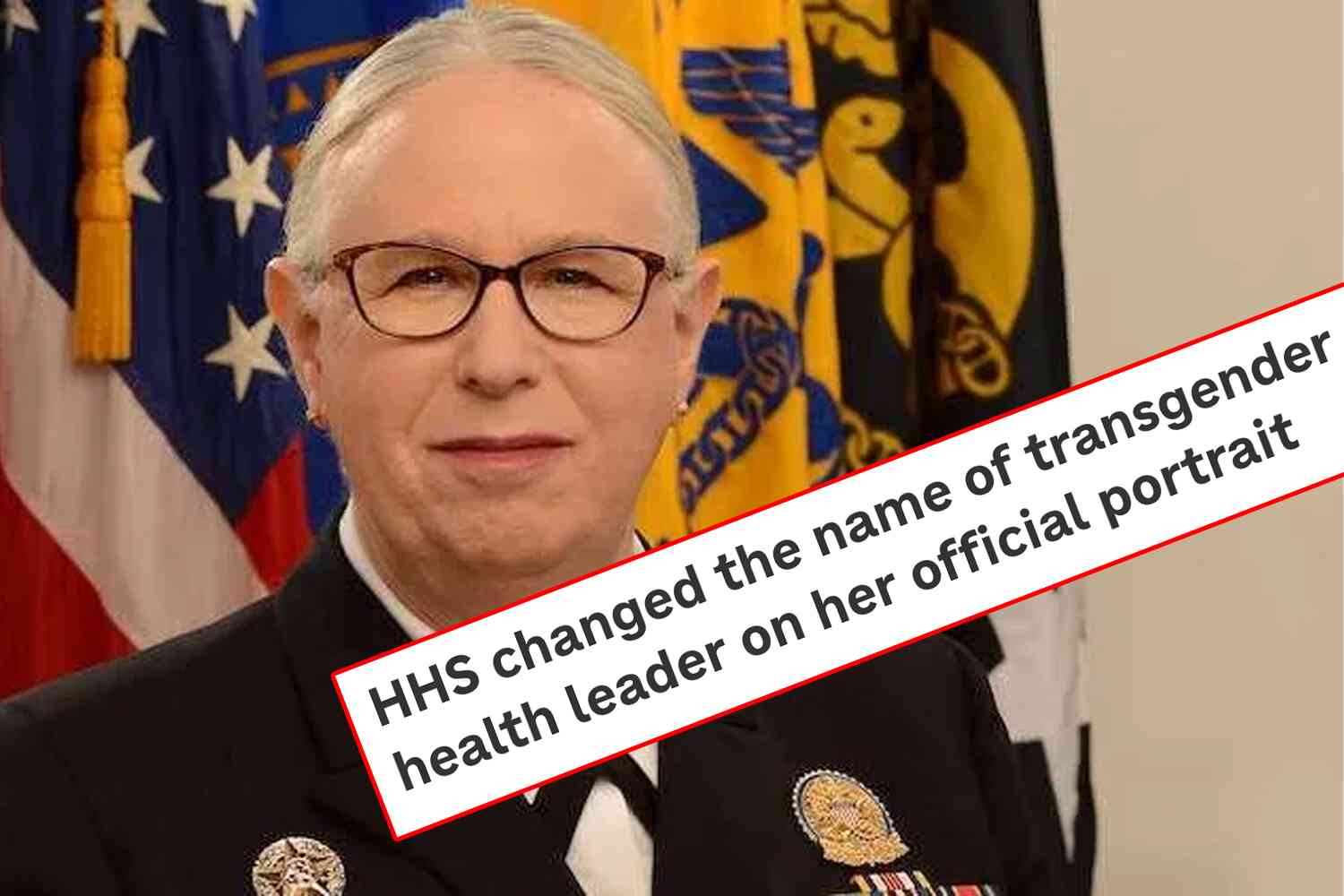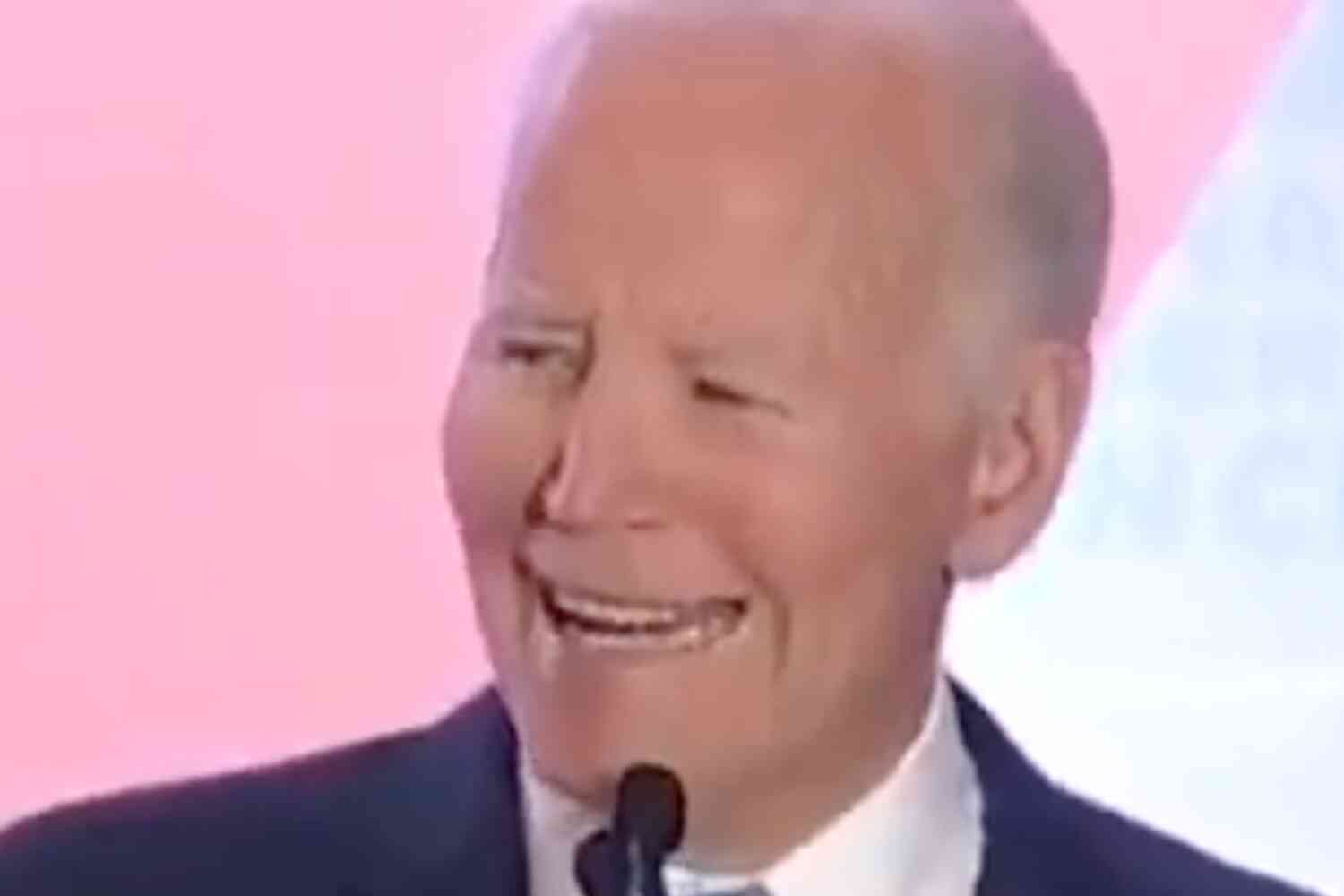Robert Reich, former Labor Secretary in the Clinton Administration and a renowned economist held in high regard by our intellectually vacant elite, must go to bed every night and fall to his knees thanking the good Lord that Paul Krugman exists so as to spare him the ignominy of being crowned "America's dumbest economist."
Not that he doesn't try.
This week, presumably, the Fed will announce that it's raising interest rates once again in its continuing attempt to stem inflation by slowing the economy.
But shouldn't it be obvious by now that higher interest rates aren't doing the trick?
Maybe it should be obvious, but unfortunately for Reich and his preferred narrative, it isn't. In fact, it's the exact opposite of obvious.
Just how not obvious is it?
All you really need is a working knowledge of the economic concepts of "up" and "down."
Here's a graph of inflation through November. I've added the Fed's rate hikes in red.
Even if you ignore the inherent lag between rate hikes and inflation, a concept known to everyone who is not Robert Reich, this still looks a lot like the Fed rate hikes are "doing the trick."
In fact, inflation for November, released this week, didn't just come in lower than the last quarter, it came in lower than expected.
That's five consecutive months of declining inflation.
Did I mention that Robert Reich "is often regarded as one of the great minds of his generation?" I felt the need to mention that because really, how else would you know?
Why would Reich want to claim that rate hikes are not working when they so obviously are?
The man has a narrative to sell, and he's going to sell it hard.
Folks, corporate greed is a main driver of inflation -- not government spending.
The main driver of inflation is corporate greed!!
Why didn't any of the latest inflation reporting mention that corporate profits just hit a record high? Corporate profits reached $2.08 TRILLION in the 3rd quarter.
Yeah! Why didn't any of the latest inflation reporting mention that corporate profits just hit a record high?!
Oh, right, they didn't, they actually fell slightly in the 3rd quarter.
Where did Reich get that $2.08 trillion number vs. the ~$3 trillion number above? He decided to carve out a third of corporate profits and cherry pick the total profits only for non-financial corporations so that he could bark, "corporate profits just hit a record high" in a tweet.
It also permitted him to avoid the inconvenient fact that corporate profits declined, albeit modestly, while inflation galloped ahead at about 8% for the quarter which is unhelpful to his argument.
That's how you know you're dealing with an esteemed economist, when they have the integrity to stick to their conclusion no matter what the data might say.
I should stipulate here that corporate earnings are at very high levels and that corporations are in fact greedy. That's their job. That said, in a still-largely competitive market, they don't have unfettered freedom to charge whatever they want otherwise competitors will undercut them and/or consumers will eventually make other choices.
However, for the sake of argument, let's examine Reich's claim for a bit by doing something he apparently decided was beneath such an esteemed economist as himself.
Look at the numbers.
Let's do a quick and dirty on corporate profits. Here's the data, from a PDF available at the U.S Department of Commerce's Bureau of Economic Analysis ("Related Materials" tab, first choice, "Full Release & Tables").
I'm going to use as my base line 2019 since 2020 was an outlier (it doesn't make a huge difference anyway) and compare that with the third quarter of this year. That allows us to capture (understanding I'm leaving 2020 out) the two years in which inflation took off, 2021 and 2022.
During that period corporate profits increased from $2.402 trillion to $2.970 trillion, a 23.6% increase.
That is definitely a healthy rise and unquestionably outpaced inflation by about 10 percentage points for the period.
But was it the main driver of inflation as Reich claims, or more a symptom?
Corporate profits during the measured period grew $0.568 trillion, or $2.97 trillion less $2.402 trillion. Compared to the nation's total GDP of $25.699 trillion, the total price of goods and services, that works out to just 2.2%, a fraction of the approximately 14% inflation we've experienced over the same period.
Even if you believe that every penny of that $568 billion increase in corporate profits was the result of rapacious greed, of fatcat plutocrats lighting $100 cigars with the pink slips of the workers they just laid off, it still doesn't explain the inflation we have been experiencing over the past two years.
Then there's this. Take a another look at this graph of corporate profits.
From the 3rd quarter of 2016 to the 4th quarter of 2018 corporate profits increased a similarly greedy 20% and yet mysteriously, inflation hovered around 2% for the period and actually began declining during 2019 despite persistently high corporate profits.
Where was all the greedflation then?
One more take: An NYU study found that the average net profit margin of U.S. companies as of January 2022 was 9.84%. Let's be uncharitable and gross that up by the 24% rise in corporate profit margins over the past two years. That would still only contribute a little over 2 percentage to the overall cost of goods and services.
But why use your thinking brain when you can instead just say stuff in the hopes no one will check.
Say it with me: Inflation is, was, and always will be, a monetary phenomenon of too many dollars chasing too few goods.
Even profligate spending on the part of the government requires a compliant Fed to feed the pipeline with printed dollars to create inflation. (Absent that, government borrowing would crowd out private borrowing thus suppressing economic activity and eventually prices.)
It's hard to believe, and therefore so easy to forget, but the Federal Reserve was still engaging in monetary stimulus nine months ago. They did not cease purchasing mortgages and government securities with printing-press money until March of this year. From January 2021 to March 2022, they were stimulating the economy, underwriting federal spending and fueling real estate prices, while inflation increased from 1.4% to 8.6%.
It stands to reason that the same Fed that ignored rampant inflation and kept its foot on the gas will ignore falling inflation and keep on pumping the brakes. Keep in mind, the economy has barely begun registering the most recent rate hikes.
Oh, but they're still at it, if timidly pulling back a little bit.
In this sense, Reich has a point regarding the fed overdoing things, or at least he would have a point if he knew how to make it.
But there is no question the Fed is the only institution that can create inflation and the only institution that can crush it. As painful as that will be for working people, runaway inflation is much, much, worse, and putting in place wholly ineffective measures such as "windfall profit taxes" and other feel-good, stick-it-to-the-rich measures is a sure path to more misery.
Say what you want about corporate greed, tax policy, the power balance between capital and labor and all the rest. I might be standing right next to you even. But one thing no one can say with a straight face is that greed causes inflation.
Unless you're Robert Reich.










